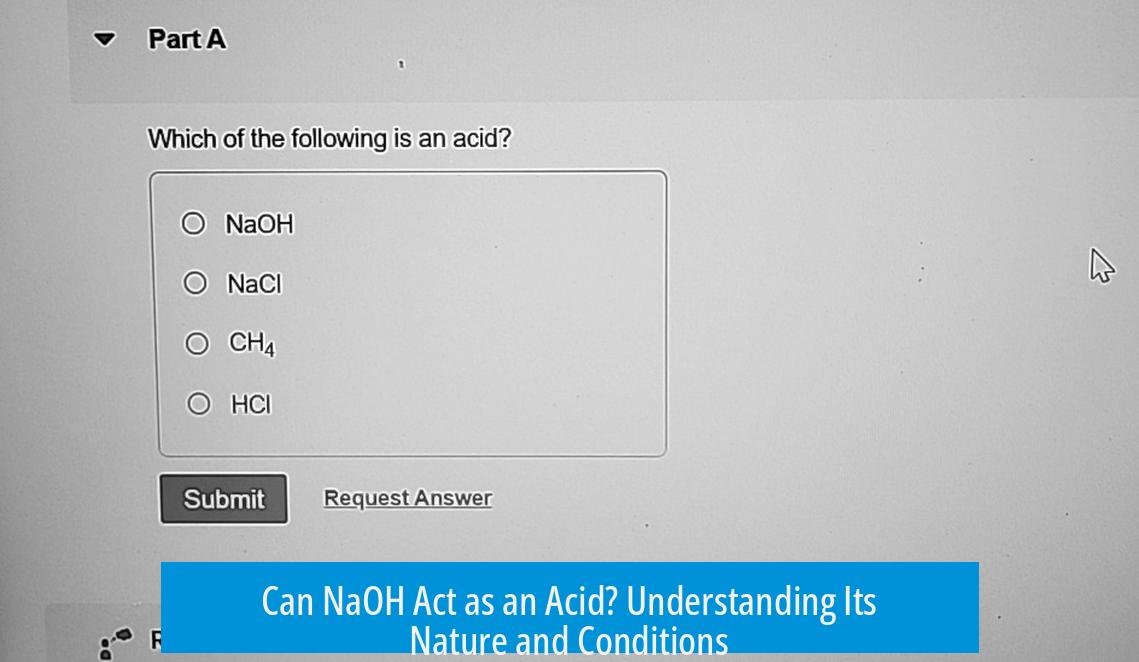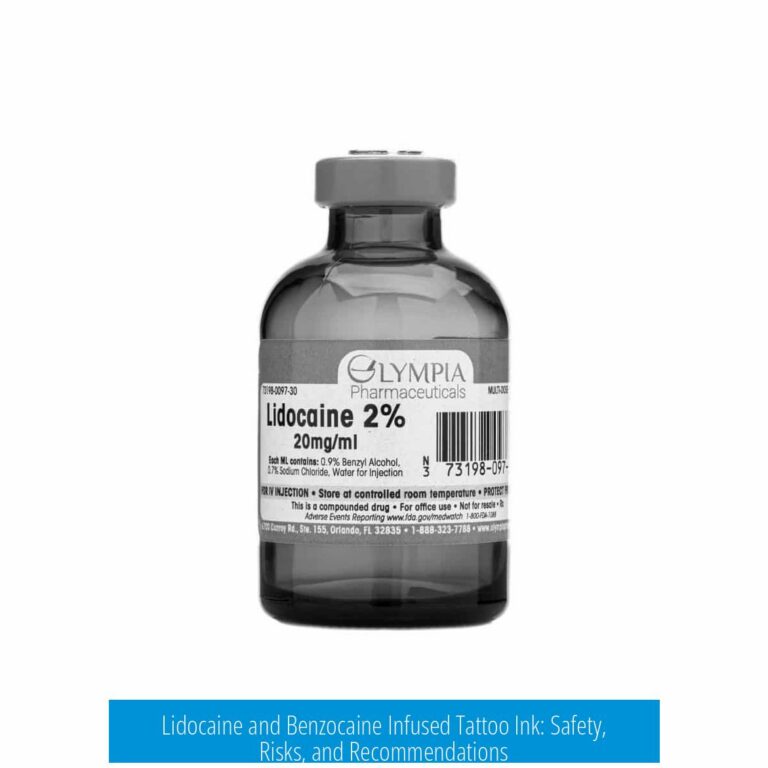Can NaOH Act as an Acid?
NaOH cannot act as an acid under normal aqueous conditions because its hydroxide ion (OH−) is a base that tends to accept protons rather than donate them. This behavior aligns with acid-base theories and thermodynamic principles governing proton transfer.
Nature of NaOH and Its Hydroxide Ion
NaOH is an ionic compound, dissociating fully in water. It releases sodium ions (Na+) and hydroxide ions (OH−). The OH− ion acts as a Brønsted-Lowry base. It readily accepts a proton (H+) to form water (H2O).
Unlike acids that donate protons, such as sulfuric acid, NaOH’s hydroxide does not donate a proton under ordinary conditions. The behavior of NaOH is fundamentally basic, not acidic.
Thermodynamic Constraints on NaOH’s Acidity
Acidity and basicity depend on thermodynamic favorability of proton transfer. For NaOH to act as an acid, OH− would need to lose a proton, creating the oxide ion (O2−). This is called deprotonation.
This deprotonation of OH− to O2− is thermodynamically unfavorable in water. The oxide ion is a highly reactive species and is unstable when solvated in aqueous solutions. Therefore, NaOH cannot act as an acid in typical conditions.
Role of Stronger Bases (Superbases)
To observe NaOH acting as an acid, one would require a base stronger than OH− itself. Such superbases can deprotonate hydroxide ions effectively. Lithium diisopropylamide (LDA) is an example of a superbase capable of this reaction.
This situation is rare and only occurs outside of aqueous solutions, often in nonpolar solvents or solid-state environments. Under these conditions, NaOH may behave differently.
Non-Aqueous and Solid-State Conditions
In molten salt environments or solid mixtures, strong bases might remove a proton from OH−.
- This includes reactions of molten Li2O with NaOH.
- Mechanochemical methods involving dry solid salts might also enable such transformations.
However, these are specialized conditions. In water, hydroxide remains a base, and deprotonation is not observed.
Summary Table: NaOH Acidity Conditions
| Condition | Can NaOH Act as Acid? | Practicality |
|---|---|---|
| Aqueous solution | No | Deprotonation of OH− is highly unfavorable |
| Presence of superbase (e.g., LDA) | Yes | Requires very strong base, rare in practice |
| Molten salt or solid state | Possible | Specialized conditions; solid or melt chemistry |
Key Takeaways
- NaOH dissociates to release OH− ions, which act as bases.
- In water, OH− ions do not lose protons; NaOH does not act as an acid.
- Deprotonation of OH− requires a superbase stronger than hydroxide.
- Special environments like molten salts or dry solids may allow acidic behavior of NaOH.
- The acid-base behavior depends on relative pKa and thermodynamics.





Leave a Comment